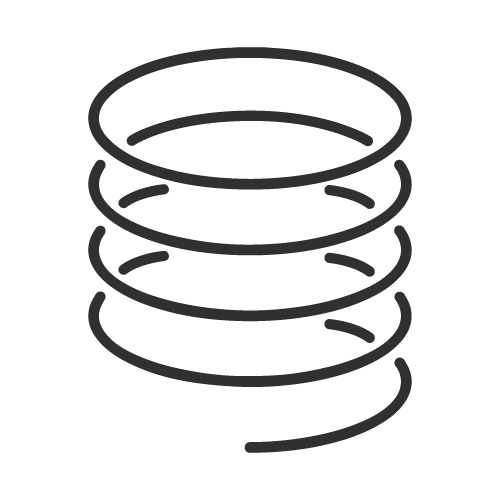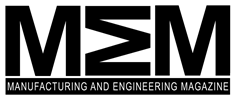The Global Coil Winding And Electrical Manufacturing Event
Register for your FREE ticket!
It's not too late to register for your free ticket to CWIEME Berlin and benefit from an enhanced experience with access to discounted accommodation and optimum Connect @ CWIEME participation in advance of your visit. But you must act fast!
6,000+
Visitors
600+
Exhibitors
50+
Speakers
88+
Countries

Discover the content agenda
Experience a wealth of knowledge and insights at CWIEME Berlin 2024, where over 25 hours of content await across the CWIEME Central and E-Mobility stages. Engage with industry experts, gain valuable perspectives, and stay ahead of the curve as you explore the cutting-edge developments in the coil winding, transformer, generator, electric motor, and e-mobility sectors.
Don't miss this unique opportunity to be at the forefront of innovation and expertise. Join us this May and be part of shaping the future of these dynamic industries.
Plan your visit
Plan your visit to our event effortlessly with all the necessary information at your fingertips. Discover convenient transportation options, nearby accommodation choices, opening times, and useful links. You'll have all the details you need to maximise your experience at CWIEME Berlin.
-min.jpg)
New for CWIEME Berlin 2024!

Start-Up Zone
Whether you're a newcomer to the industry or an aspiring entrepreneur, our new Start-Up Zone is your opportunity to be a part of the most dynamic event in coil winding and electrical manufacturing.

Future Engineers
Join us on a mission to close the talent divide. Our aim is to craft an innovative program that not only lures in bright young minds but also unveils the vast array of career avenues waiting to be explored in the industry.

Women in Engineering
Our Women in Engineering initiative champions diversity and inclusion in the engineering field fostering dialogue, awareness, and support for creating equitable workplaces.

Discover Country Pavilions
Explore the forefront of innovation at our Country Pavilions, showcasing the full spectrum of coil winding, transformers, electric motors, generators, and e-mobility.
Product Sectors

Electronic & Electrical Components

Services

Transformer Components & Accessories

Winding Systems & Supplies

Electromechanical Components

Other Machines & Manufacturing Systems

Magnets & Magnetic Materials

IT & Software

Power Supplies

Intermediate Semi-finished Products & Materials

Quality, Test & Measurement

Insulation & Shielding Materials

Motor Components & Accessories
Subscribe now and start receiving our monthly ‘Buyer Edition’ newsletter
Hear from different members of the CWIEME team, discover the latest content news, learn how to get the most out of your time at CWIEME, and more!
SUBSCRIBE NOW











